Why Are Fans Turning Against Their Favorite Franchises?
Weâre now days from the release of Marvel’s next film, Captain Marvel. But some âanti-fansâ already claim to despise this prequel. They seem to be despising this film about as much as they (and/or other fans) have despised the Star Wars prequels.
Or the Star Wars postquels (especially Episode VIII: The Last Jedi).
Or the movie Justice League. Marvel Comics. DC Comics. Or the television series Star Trek: Discovery and Doctor Who, The Hobbit film trilogy, the Ghostbusters movies . . .
The trend goes on. And I neednât even really comment on legitimate reasons fans turn against these franchises. Iâve had a few of those myself.1 But I can move on with my life. Apart from a few web articles, I donât make videos, crusades, or lengthy essays about my turnabout.
Others do. And even for legitimate gripes, they canât seem to let it go. They make a cottage industry out of despising that franchise. Former fans verbally thrash the franchiseâs (and its creatorsâ) reputation with the fervor of a jilted lover.
Some of these feelings are understandable. For example, fans may perceive that a story’s creators are literally telling them, “You’re not welcome here.” Some controversies about Captain Marvel actor Brie Larson are grounded in this. Fans interpreted (rightly or wrongly) some of her comments as meaning, “Your kind are not welcome here.” In the future, I may explore more about these fan feelings.
But for these next three reasons, I think anti-fan attitudes reveal a lot about human nature and idolatry.
1. Fans may not view their favorite stories in perspective.
I donât like saying âitâs just a movieâ or âitâs just a show.â Such a slogan disregards the power of stories for good, evil, or both. The slogan also ignores the real feelings of their fans, and the hard work that humans, Godâs image-bearers, put into stories.
But what about people who first embrace story franchises, then despise them to the point of making reams of videos or essays about how terrible they are now?

For the record, I’ve seen The Last Jedi only once, and I only felt so-so about it. I suppose this means I also did not receive the film well.
At that point I would say, âMove on. Itâs just a movie/show/whatever.â
Only in a prosperous, first-world society would anti-fans have enough spare time to âreview bombâ a movie they havenât even seen. Or to spend hours arguing with fans or the just-plain-indifferent viewers about whether certain directors secretly âhateâ heroes like Superman or Luke Skywalker.
No matter your political or religious perspective (but I repeat myself), the world has greater, more terrible issues. Like abortion. Or whatever degree of racism you think still exists. Or injustice, poverty, and the $22 trillion U.S. national debt.
Even in a secular worldview, anti-fans need to get some perspective. Fast.
2. Fans may commit the sin of âgluttony of delicacy.â
Fantasy fans have never had it so good as we do in the early 21st century.
Every top film is space opera, fantasy, superhero, or some other fantastical genre. Dozens of TV shows focus on every obscure figure who ever peeped out of a comic panel. And for some heroes, if you donât like a particular interpretation, you can just wait a few years for the inevitable reboot!2
No one in a starving nation goes to Yelp to review-bomb the food relief truck.
The fact that many fans feel the luxury of criticizingâwith personal ireâany recent franchise installment is simply a side effect of this cultural luxury. Whereas a fan from the 1990s and earlier, who is starving for a new Star Wars movie or superhero adaptation, will more than likely take whatever he can get and appreciate it.
Some of that is a natural side effect. I wouldnât call that sinful. Why not advocate for the best, or constructively criticize when creators simply reheat the old recipe?
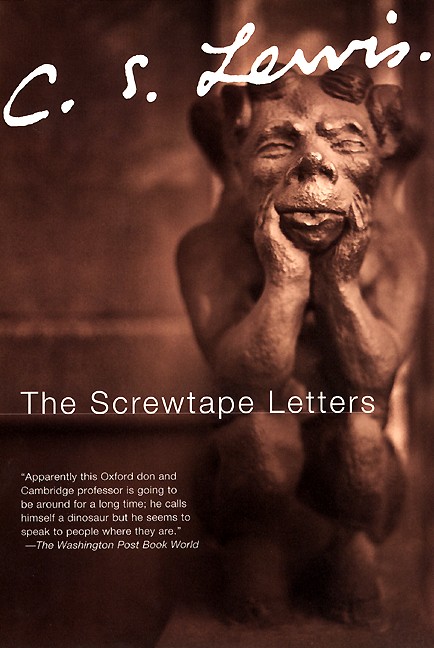 This legitimate criticism, however, can quickly turn into a kind of gluttony. As C. S. Lewis once explained, itâs a kind of gluttony that doesnât look like gluttony. Speaking through his satirical demon Screwtape, Lewis called this a âgluttony of delicacy.â Just switch out a few wordsâIâll show them in boldfaceâand Lewisâs wisdom applies:
This legitimate criticism, however, can quickly turn into a kind of gluttony. As C. S. Lewis once explained, itâs a kind of gluttony that doesnât look like gluttony. Speaking through his satirical demon Screwtape, Lewis called this a âgluttony of delicacy.â Just switch out a few wordsâIâll show them in boldfaceâand Lewisâs wisdom applies:
He is a positive terror to storytellers and other fans. He is always turning from what has been offered him to say with a demure little sigh and a smile, âOh please, please . . . all I want is a story that makes me happy, completely original but not too subversive, and the teeniest weeniest bit of nostalgia.â
You see? Because what he wants is more creative and less popular-level than what has been set before him, he never recognises as gluttony his determination to get what he wants, however troublesome it may be to others.
At the very moment of indulging his appetite he believes that he is practising temperance. . . .
The anti-fan is in what may be called the âAll-I-wantâ state of mind.
All he wants is a movie properly made, or a TV show properly adapted, or a novel properly written. But he never finds any creative or any friend who can do these simple things âproperlyââbecause his âproperlyâ conceals an insatiable demand for the exact, and almost impossible, palatal pleasures which he imagines he remembers from the past; a past described by him as âthe days when you could get really great moviesâ but known to us as the days when his senses were more easily pleased and he had pleasures of other kinds which made him less dependent on those of the popular culture.3
3. Fans may idolize stories, and idols never satisfy.
Let us never assume that discerning Christians no longer risk twisting stories into idols.
Absolutely Christians can make these stories into idols. How much more, then, can non-Christian people fall even deeper into the trap of expecting more from a fantasy story than any director or writer can possibly hope to give us?
This is plain idolatry: investing a human gift, a human creation of images, with such hope and expectation that the instant it disappoints you, you turn in rage against it.
Like Davidâs son, Amnon, who âlovedâ his sister Tamar, tried to seduce her, and then when she righteously refused, âhated her with a very great hatred.â4
Or like anyone who lusts after a pleasure rather than loving it for a greater purpose.
Only God, the prime source of all joy and goodness, of all creativity and wonder and imagination, never âruns outâ of these gifts. He is the definition and embodiment of these gifts. Apart from him, to quote (and slightly subvert) the old hymnâs lyric, âthe things of Earth will grow strangely dim.â But in light of his glorious grace, Earthâs good things can âgrow strangely bright,â as author Joe Rigney suggests.5
Toward a better fan response based in godly joy
Understand, Iâve felt the sting of disappointment with a fantasy franchise
Once or twice Iâve even wondered how I could ever go on now that XYZ is getting rebooted, or taken in a different direction, or ruined forever.
Then, honestly, I have to laugh at myself. What nonsense!
I donât want to become this kind of person. I’d rather become a happy person.
I donât want to view any human story as the be-all-end-all of my life. Instead, I want to see human stories in the perspective of real life now, and even more so in the eternal afterworld that Jesus will renew here on Earth.
I donât want to become a delicacy-glutton, trying to subsist on memories of times I could delight in new stories. Iâd rather become open to new experiences and interpretations of stories, for the sake of respecting the imaginations of other people, and maybe even discovering new flavors to enjoy.
And I definitely donât want to turn any story into an idol to worship. If I did, I would not only lose ultimate joy in God, but I also lose even the lesser pleasure I could have enjoyed in the gift. Instead, Iâd rather worship God, the source of all these humansâ creative gifts, and make him my greatest joy. That way, if all these other stories turn to dust, Iâll still have greatest joy. But if these stories lastâand change and reboot or even failâIâll have a far greater chance of enjoying these gifts.
- I myself oppose religious-based reasons to make a franchise âwoke,â at the expense of story. Star Trek: Discoveryâs first season lost me with pandering âfemale powerâ moments and plain porn. And I neednât rehash my disinterest in the one-regeneration-too-far that is Doctor Whoâs eleventh season. ↩
- Unlike some fans, I donât automatically scoff at the idea of rebooting, say, Batman, Superman, or Spider-Man. With some exceptions, each new directorâs and/or actor’s version of the hero offers new strengths. ↩
- C. S. Lewis, The Screwtape Letters, chapter 17. I’ve added some new paragraph breaks. I also added boldface to indicate pronouns and other terms Iâve inserted for relevance. ↩
- 2 Samuel 13:15. ↩
- See Joe Rigney, The Things of Earth: Treasuring God By Enjoying His Gifts, Crossway Publishers, 2015. Apart from some references to sports games, Rigney does not apply his thesis to popular cultural works, such as movies and TV shows. Whereas I suggest that all Rigneyâs applications of Christian joy, to human cultural gifts like food and vacations, are just a hop-skip-and-a-jump away from popular culture. ↩


































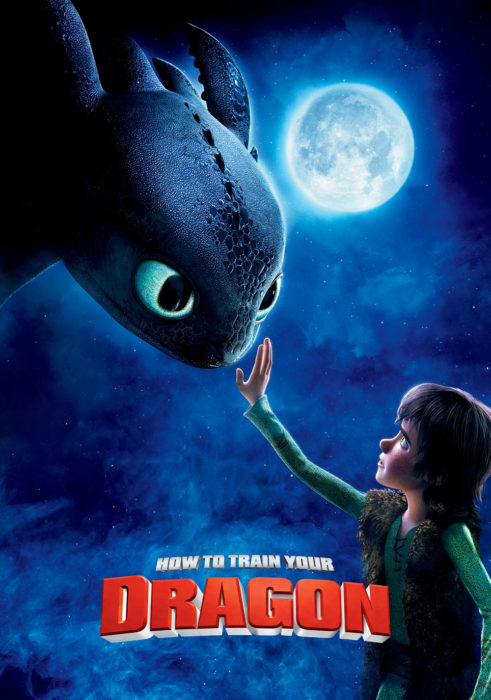

 That book purposefully stretched the normal boundaries (the author called it “edgy”). What about those stories that are in the Christian fiction sweet spot, Amish romance? Does anyone know or care how Christian the Amish actually are? Are these books addressing legalism? (I’m asking, because I haven’t read any.) Church divisions? (Amish churches have divided over whether a woman’s dress must be double-breasted or not, whether or not a hook-and-eye is acceptable, and many other such particulars.) Or is there an underlying assumption that whatever the Amish do is good because of their safe externals?
That book purposefully stretched the normal boundaries (the author called it “edgy”). What about those stories that are in the Christian fiction sweet spot, Amish romance? Does anyone know or care how Christian the Amish actually are? Are these books addressing legalism? (I’m asking, because I haven’t read any.) Church divisions? (Amish churches have divided over whether a woman’s dress must be double-breasted or not, whether or not a hook-and-eye is acceptable, and many other such particulars.) Or is there an underlying assumption that whatever the Amish do is good because of their safe externals?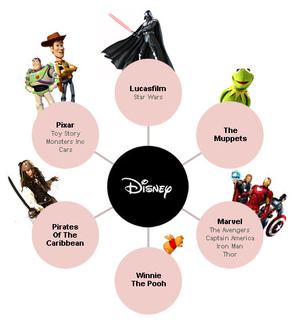
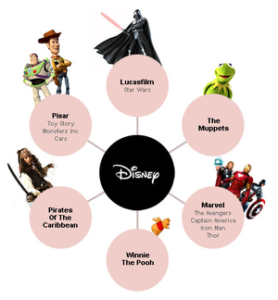 Movie studios favor the franchise for the same reason that book publishers do: money. It must be admitted that this is a sensible reason, particularly in the case of movie studios. When youâre pouring out money in the tens of millions for a single film, you want a sure thing. How do you know people will like your newest project? Well â they liked the last one, didnât they? It is a well-worn axiom that the sequel is never quite as good, but that does not prevent the sequel from inheriting the audience of its predecessor.
Movie studios favor the franchise for the same reason that book publishers do: money. It must be admitted that this is a sensible reason, particularly in the case of movie studios. When youâre pouring out money in the tens of millions for a single film, you want a sure thing. How do you know people will like your newest project? Well â they liked the last one, didnât they? It is a well-worn axiom that the sequel is never quite as good, but that does not prevent the sequel from inheriting the audience of its predecessor.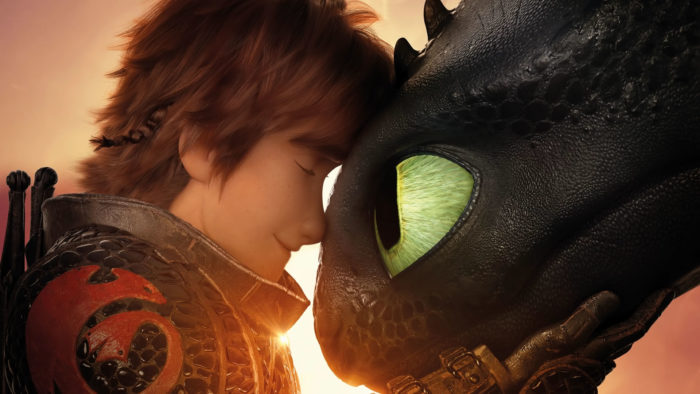
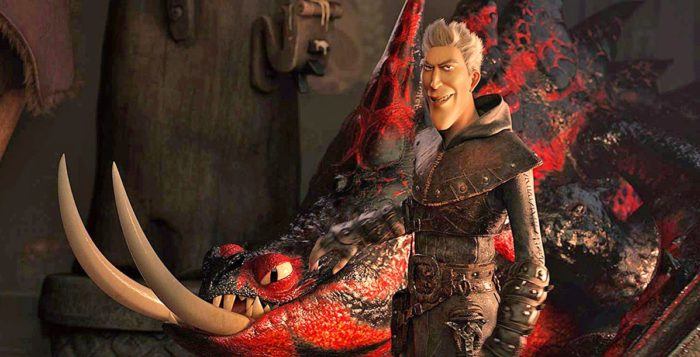 In film 1, our heroes fought a twisted and gluttonous monster-dragon, which had enslaved smaller members of its own species.
In film 1, our heroes fought a twisted and gluttonous monster-dragon, which had enslaved smaller members of its own species.
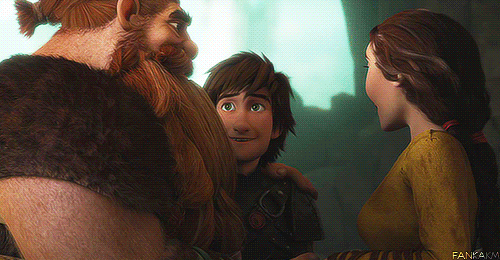


 Which brings me to Animal Farm. I could be wrong, but I’m pretty sure this book was required reading in school when I was growing up. The allegory is an animal revolution that mirrors the Communist Revolution.
Which brings me to Animal Farm. I could be wrong, but I’m pretty sure this book was required reading in school when I was growing up. The allegory is an animal revolution that mirrors the Communist Revolution. In many ways, George Orwell was prophetic in his little book. After all, he wrote long before the collapse of the Soviet Union. But he saw the ways the lofty goals of socialism affected the people in Russia and how it changed the country and the people who led it. He saw the “pigs” become like “men”—the socialist leaders become like capitalists. The only difference for the chickens and the plow horse and the dogs was who they worked for.
In many ways, George Orwell was prophetic in his little book. After all, he wrote long before the collapse of the Soviet Union. But he saw the ways the lofty goals of socialism affected the people in Russia and how it changed the country and the people who led it. He saw the “pigs” become like “men”—the socialist leaders become like capitalists. The only difference for the chickens and the plow horse and the dogs was who they worked for.














